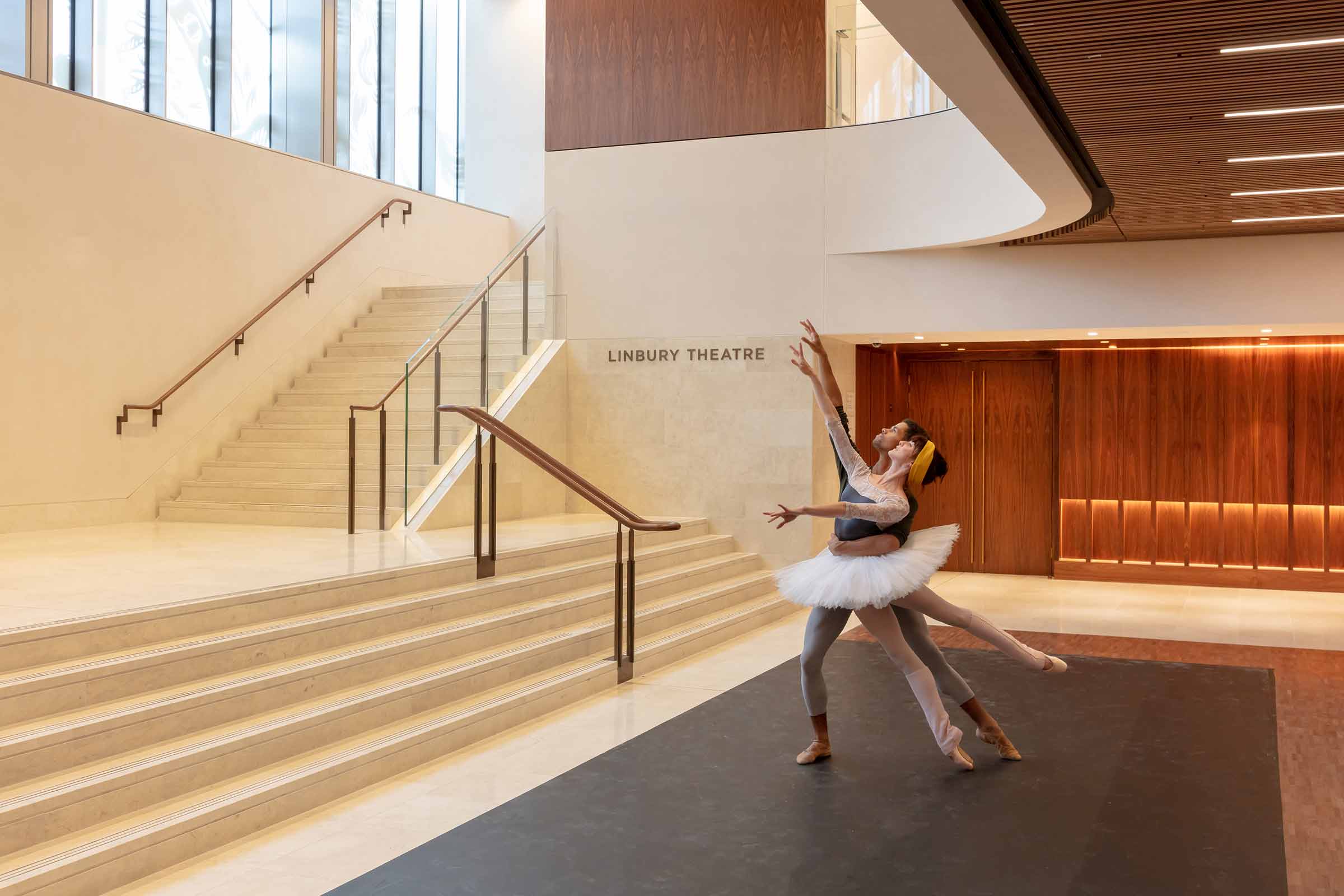 © Luke Hayes
© Luke Hayes
- End of Year Summary
- Journal
A year in review 2018
In January we celebrated Stanton Williams completed extension of the Cambridge Judge Business School, a new 5000m2 building to complement the existing John Outram building.
In March, we announced the Grand Tour, a cultural journey across Nottinghamshire and Derbyshire, hosted by Chatsworth, Nottingham Contemporary, The Harley Gallery at Welbeck and Derby Museums, as well as at eight additional Fringe venues.
In April we announced the inaugural Sharjah Triennial, the first major platform to invite dialogue on architecture and urbanism in the Middle East, North Africa and South Asia.
At the Venice Biennale in May we represented the pavilions of Greece, Ireland and Singapore, as well as Alison Brooks Architects, as part of the Central Exhibition.
In June, we announced the Tishman Speyer and DSDHA collaborative renovation and renaming of the Smithson Plaza (formerly the Economist Plaza).
We worked with the National Gallery to launch several product ranges in their shop, including the Monet and Architecture collection in June.
Our relationship with designjunction continued; we announced the festival’s move to the South Bank in June.
In July, we announced the rebrand of Duggan Morris Architects, to Morris+Company, and a suite of new projects including the Featherstone Building and Blossom Street.
We also announced Sam Jacob Studio’s appointment to design a new Cartoon Museum
In September, we helped to launch the RIBA + VitrA talks series; the inaugural edition speakers included Sir David Adjaye, Lesley Lokko, Kazuyo Seijma, Kate Mcintosh and Mary Duggan.
We also helped Stanton Williams launch their work to transform the Royal Opera House, London, in the Open Up project in September.
Continuing with the cultural theme, we helped Chatsworth announce their Art Out Loud festival, celebrating the completion of a major restoration and conservation project.
Our work with the Illuminated River Foundation kicked off – we launched the Totally Thames Festival in September and made the first bridges announcement in November
In November we worked on the 2018 World Architecture Festival, in Amsterdam. World Building of the Year was Kampung Admiralty in Singapore by WOHA Architects.